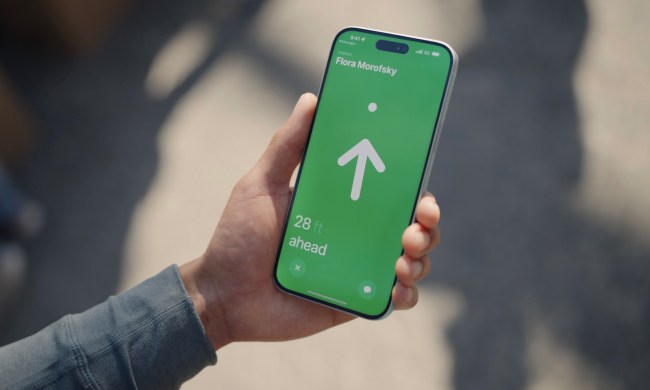
The initiative comes as part of Google’s Made With Code program, which attempts to integrate pop culture into computer science, with youth-friendly initiatives like the Wonder Woman experience. The idea here is to harness the power of sequences to help Diana of Themyscira in her training, teaching younger audiences how to code with relevant incentives. And while the #MyFutureMe is less of a tutorial than it is a contest, there is still plenty of learning to be done.
“First, complete a coding activity to build a Snapchat Geofilter that expresses your vision for the future,” Google instructs on its official page. “Then write a statement about the future you envision and how you plan to achieve it. Submit both to the #MyFutureMe Challenge for a chance to build your own live Snapchat lens and more!”
The top five entrants will win a trip to the TEDWomen conference in November, where they will work alongside Google and Snap engineers to create real lenses for Snapchat. The winner will see his or her lens go live across the nation.
In order to enter, you must be between 13 and 18 years old, and be a resident of the U.S. If you meet all those requirements, simply visit madewithcode.com to access the mobile-first Blockly experience and create a geofilter. Your work will be judged by none other than Snap CEO Evan Spiegel, though he pales in comparison to the impressive list of women who will also be determining the winners — they include Malala Yousafzai, the famous activist; Yvonne Cagle, the astronaut; and Ruth Porat, the chief financial officer of Alphabet and Google. “Our judges come from many walks of life, but they all have one thing in common: they believe in empowering teens to build a brighter future,” Google noted.
So if you’re looking to share your vision with the world, you might start by submitting a Snapchat lens.
